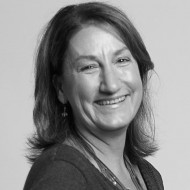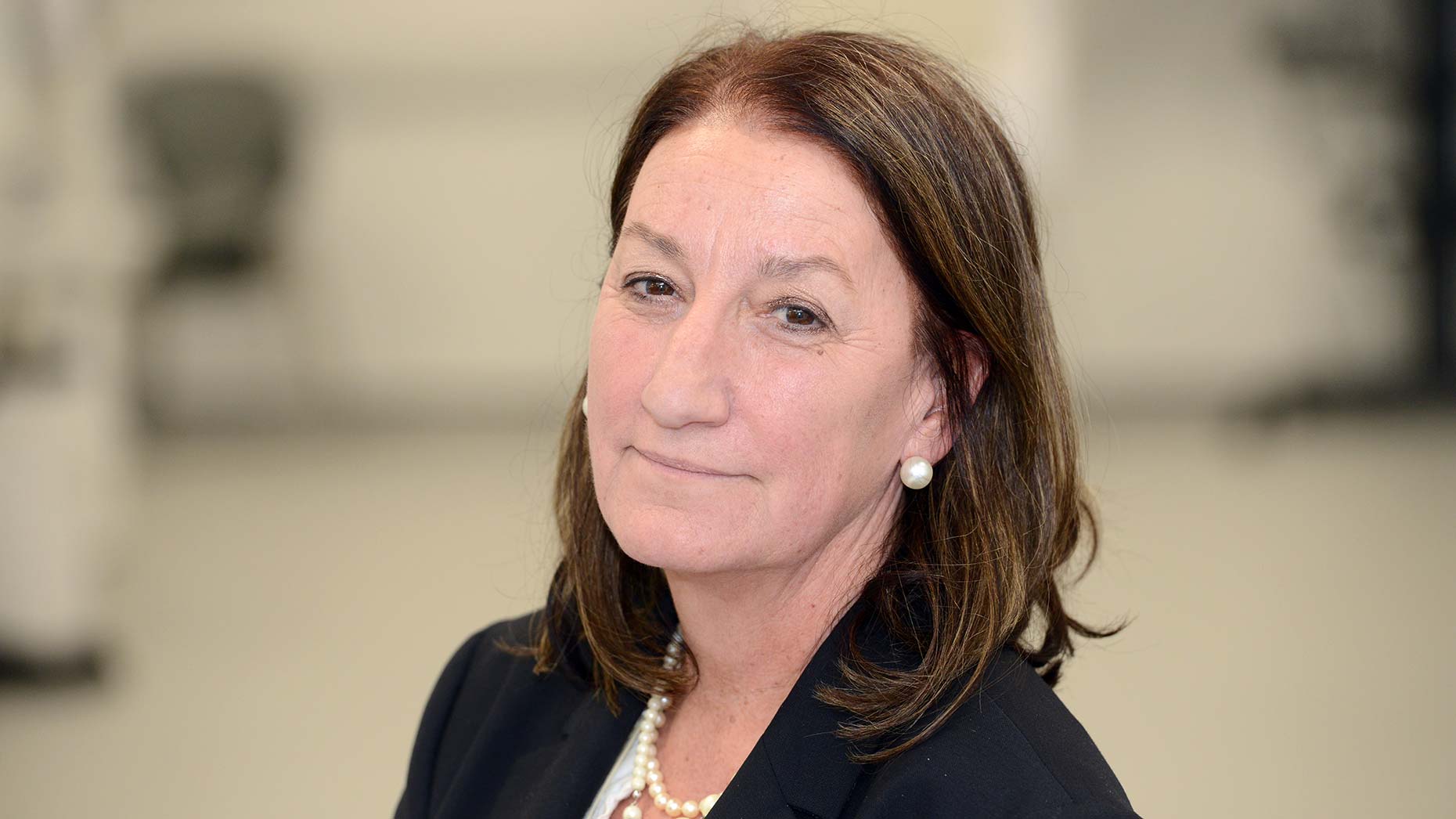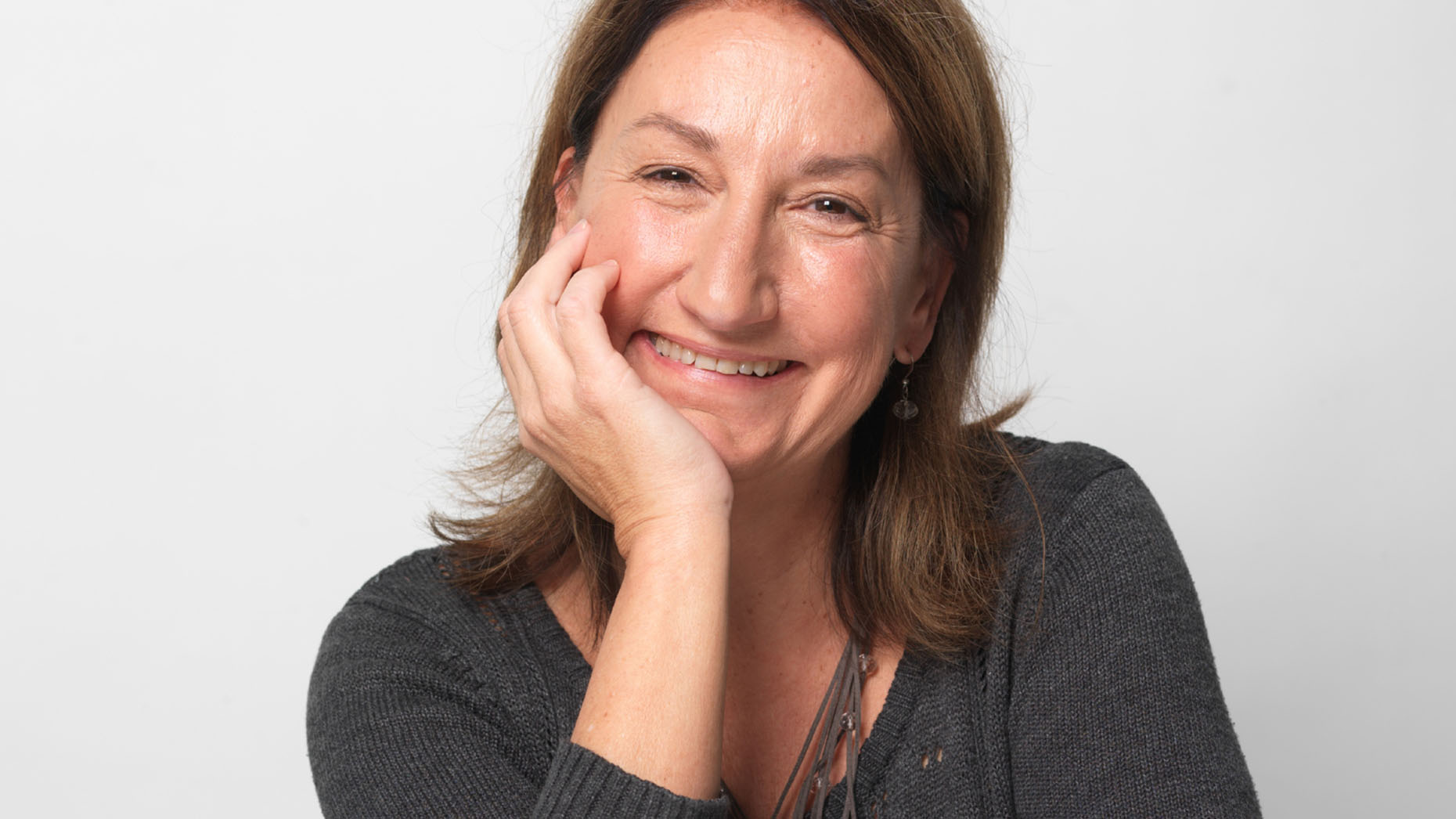2018 has been a great year for the whole community at the University of Lincoln, peppered with successes and celebrations. We are also deeply grateful to the people in our county who have supported us this year. At the University of Lincoln we are just as passionate about our region as we are about our students and staff.
The year began with our official opening the Isaac Newton Building, the new home to our Schools of Engineering, Computer Science, and Maths and Physics. We were honoured to welcome Professor Sir Mark Walport, the UK’s most senior scientist to the ribbon cutting ceremony which marked the latest development in the growth of our science and engineering capabilities at the university and supporting our Engineering and Science businesses in the region.
In March, our ambitions, along with the whole community’s, to launch a medical school for Lincolnshire were realised when we, along with our partners at the University of Nottingham, won a bid for a new School of Medicine. A medical school for Lincolnshire is such an important milestone not only for the university, but for the county and means that for the first time, we will be able to train the next generation of doctor’s right here in Lincolnshire, starting in September next year, 2019.
The project was endorsed General Medical Council, who regulate the teaching of doctors in universities to ensure they are trained well. They praised the forward thinking approach to the landmark project as well as the thought and consideration that had been put into its development. Plans are now underway to construct a state-of-the-art medical school building at our Brayford Pool campus. This exciting step will provide a purpose-built home for the new school’s staff and students as well as bolstering the health and science focused facilities we already have in place, ready for our first cohort.
The year has also been one of league table successes. In April, we were ranked in the top 50 in the Complete University Guide, an independent table ranking 131 UK Universities. May saw an unprecedented rise of 25 places to 22nd in the Guardian University Guide, and in July, feedback from our students placed us at 7th in the UK for student satisfaction in the National Student Survey.
We have long been proud of the excellent student experience Lincoln offers and these latest league table results serve as a testament to the quality of teaching, learning and research that is on offer here, accolades which we share with our wonderful Lincolnshire community.
Another exciting development for the university came in August, when we launched our MA in Creative Writing and Publishing in partnership with The Guardian media group. The new programme offers students a unique and valuable experience, bringing together expert teaching from staff from the University’s School of English and Journalism as well as insight from industry professionals, preparing students for a writing career in the world of 21st century publishing. The partnership is another part of our strategy to raise the profile of the university nationally and internationally to enhance the reputation of our region.
The final months of the year have not been without success. In October, it was announced that we had been ranked in the top 30 UK institutions in the Table of Tables, a prestigious table which combines the results of all the UK main domestic university league table rankings in The Times and Sunday Times Good University Guide, The Guardian University Guide and The Complete University Guide.
It has been a bumper year for Lincoln, and I wish to recognise that these achievements have been driven by the hard work and dedication of colleagues across the university as well as our students, who continually strive for excellence throughout their time with us, and indeed the support of our communities.
Next year will present new challenges and opportunities for us all and I wish you all happiness, peace and success in 2019. Thank you again to everyone for their continued support.
Professor Mary Stuart is the Vice Chancellor of the University of Lincoln. She is a graduate of the University of Cape Town and the Open University, where she obtained her Doctorate in Social Policy in 1998. Her research interests are focused on life histories, social mobility, higher education students and community development.







